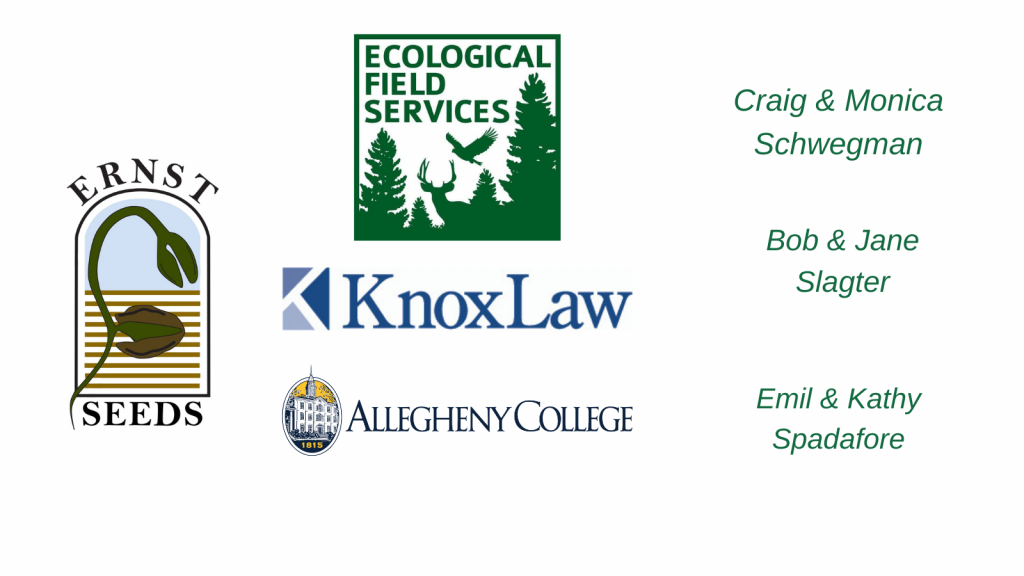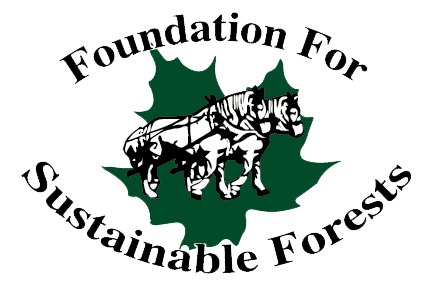
- This event has passed.
Loving the Land Through Working Forests
The next Loving the Land Through Working Forests Conference is in September 2023!
A field conference all about forests – threats, management practices, and ways that we can enhance their resilience and overall health. The day will include presentations, woods walks, and live demonstrations of horse-logging and goats browsing invasive plants. There will be children’s programming, and lunch is provided for all. Pre-registration is required. See below for the full program!
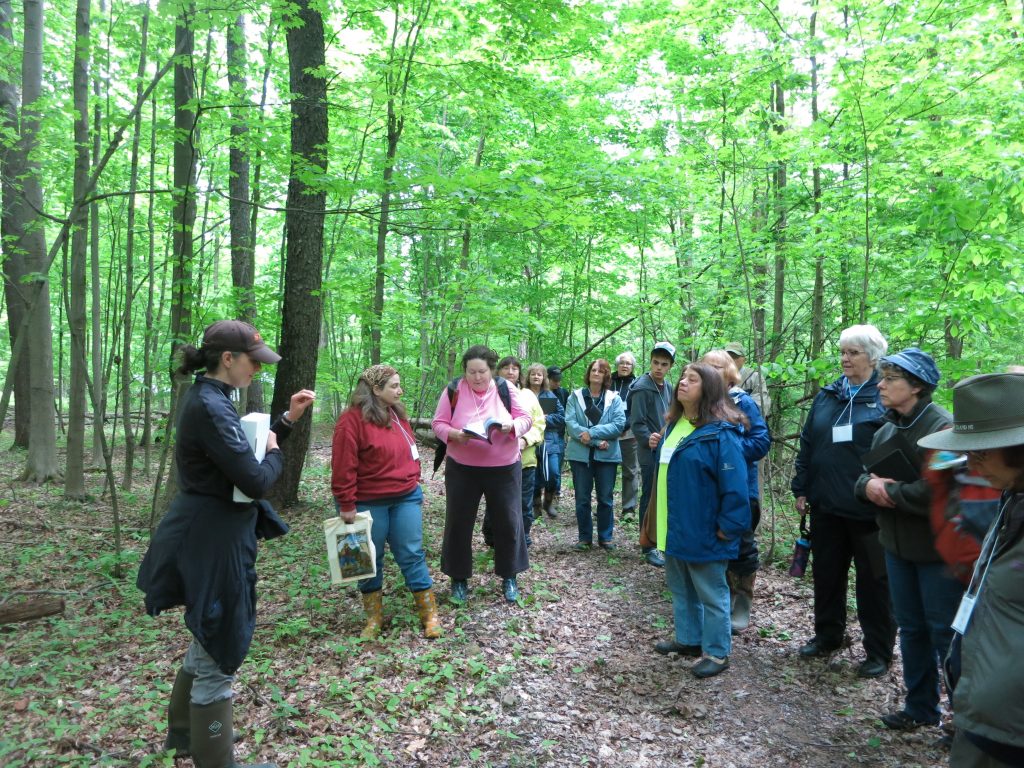

September 18, 2021 @ 8:00 am – 4:00 pm
Registration has closed – stay tuned for the 2023 lineup!
$10 – Members – $25 – Non-Members – Free for children under 7
For Mail-In Registration and payment by check, download the registration flier here.
Schedule of Events
7:30am Registration Begins
8:15am Welcome Remarks & Introductions
8:30am Opening Address by Susan Stout New Presenter: Bob Long
Carefully Observing our Forests Together in Changing Times
Robert Long, USDA Forest Service Researcher Emeritus, will talk about some subtle changes that scientists and managers have noticed in nearby forests. The observations are stronger because they’ve been discussed in forestry communities — managers and scientists primarily so far. She will talk about ways that landowners can work with their foresters to strengthen this web of observations, and be part of developing adaptive management strategies to sustain our forests through these changing times.
9:00am Morning Breakout Session 1
Removing invasive plants in a friendly and natural way- with goats! (Allegheny Goatscape)
Join the nonprofit organization Allegheny Goatscape for a discussion and demonstration on the use of goats as part of an integrated approach to mitigating the presence of invasive plants in your woods, and shifting the balance in the forest floor back in favor of native plants!
Woods Walk on Invasive Species & Their Management (Troy Firth)
Troy Firth will lead a walk through Thompsons’ Wood, and discuss practices and a timeline for managing invasive plant species that interfere with native understory plant and native tree regeneration. Thompsons’ Wood is a work in progress- a perfect backdrop to discuss invasive plant identification, and management tips for invasives, one ‘spoke in the wheel’ that is the FSF’s integrated management approach to sustainable forestry.
Diverse Forests, Diverse Birds (Dr. Steven Latta)
Come for a walk through the forest with Dr. Steven Latta, Director of Conservation and Field Research at the National Aviary. We are currently documenting avian diversity in FSF-managed forests. We’re particularly interested in whether forest management as practiced by FSF actually benefits two groups of birds that ornithologists often think have habitat needs in conflict: species requiring early-successional habitat, and species requiring large tracts of mature forest. How can that be? Come join us! Please bring binoculars if available.
10:20am Break
10:40am Morning Breakout Session 2
Horse-Logging Demonstration with Discussion (Guy Dunkle)
As the FSF’s Land Manager, Guy Dunkle oversees the horse crews that skid logs from FSF forests. Join Guy for a discussion of this process and the nuances that help to minimize damage to the forest during a harvest.
Tales from the Tailgate: A Woman’s Guide to Working in your Woods (Nancy Baker)
The right tool can make almost any task easier, it not pleasant, and the completion of that task with great results can make one really proud and pleased. Women need to acquaint themselves with tools for forest tasks; our strengths are just not well arranged to accomplish things by force. So if you’d love to work in your woods but you’re not sure whether it would be a pleasant task, join us to look at how you can outfit yourself for a safe and comfortable day with rewarding results.
Removing invasive plants in a friendly and natural way- with goats! (Allegheny Goatscape)
Join the nonprofit organization Allegheny Goatscape for a discussion and demonstration on the use of goats as part of an integrated approach to mitigating the presence of invasive plants in your woods, and shifting the balance in the forest floor back in favor of native plants!
12pm Lunch – Box Lunches will be provided from Making Memories Catering
1:30pm Keynote Session – Sponsored by Ernst Conservation Seeds
The Nature of Oaks (Doug Tallamy)
Once we have decided to restore the ecological integrity of our human-dominated landscapes, we need to decide what plants to add to our properties. Oaks are superior landscape trees throughout most of the U.S. because of their many ecological and aesthetic attributes. Using activity on the oaks in his yard each month of the year as examples, Tallamy will compare oak species to other popular shade trees in terms of their ability to support animal diversity, protect watersheds, and sequester carbon dioxide. Learning that oaks provide life support to thousands of species may motivate us to return more of these essential trees to our built landscapes.
2:30pm Afternoon Breakout Session
Tales from the Tailgate: A Woman’s Guide to Working in your Woods (Nancy Baker)
The right tool can make almost any task easier, it not pleasant, and the completion of that task with great results can make one really proud and pleased. Women need to acquaint themselves with tools for forest tasks; our strengths are just not well arranged to accomplish things by force. So if you’d love to work in your woods but you’re not sure whether it would be a pleasant task, join us to look at how you can outfit yourself for a safe and comfortable day with rewarding results.
Woods Walk on Invasive Species & Their Management (Troy Firth)
Troy Firth will lead a walk through Thompsons’ Wood, and discuss practices and a timeline for managing invasive plant species that interfere with native understory plant and native tree regeneration. Thompsons’ Wood is a work in progress- a perfect backdrop to discuss invasive plant identification, and management tips for invasives, one ‘spoke in the wheel’ that is the FSF’s integrated management approach to sustainable forestry.
Diverse Forests, Diverse Birds (Dr. Steve Latta)
Come for a walk through the forest with Dr. Steven Latta, Director of Conservation and Field Research at the National Aviary. We are currently documenting avian diversity in FSF-managed forests. We’re particularly interested in whether forest management as practiced by FSF actually benefits two groups of birds that ornithologists often think have habitat needs in conflict: species requiring early-successional habitat, and species requiring large tracts of mature forest. How can that be? Come join us! Please bring binoculars if available.
4pm Conference Adjourns
Meet the Presenters
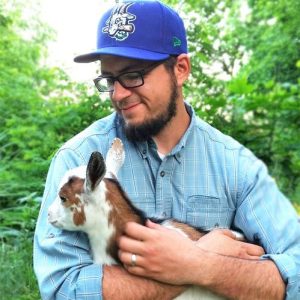
Allegheny Goatscape
Gavin Deming is the Founder of Allegheny Goatscape, whose mission is to reduce invasive and unwanted vegetation in public spaces and vacant lots, utilizing goats for browsing. Gavin started to dream of working with goats to eat knotweed and other invasives when a good friend presented the idea of roaming Pittsburgh’s North Side with a small nomadic herd eating overgrown vacant lots, more than ten years ago. When he worked on a project to bring the goats to a public space that had immediate positive effects on the landscape, he knew he had to get more involved. A few years later, he created Allegheny GoatScape as a 501(c)(3) non-profit to be able to use these gentle animals and work with partners, mitigating invasive plants throughout Allegheny County in an eco-friendly way.
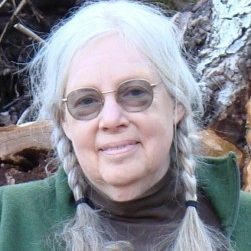
Nancy Baker
Nancy Baker owns and manages 163 Northern Pennsylvania acres from which her great-grandfather cut the original timber in the 1860s. With a graduate degree in Forest Ecology, she works as a writer, editor and communicator with an allegiance to both the forest and the forest’s landowners, contributing to numerous publications, editing the quarterly magazine Pennsylvania Forests, and co-chairing the communications committee of the Pennsylvania Forestry Association. She is a staunch advocate for Pennsylvania’s Women and Their Woods program, helping women learn the skills needed to make informed decisions about their woodlands, and showcasing the challenges and opportunities which shape women’s passion and commitment to the land.
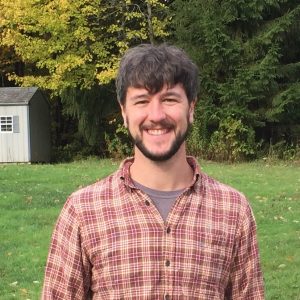
Guy Dunkle
Guy Dunkle is a Land Manager and Director with the Foundation for Sustainable Forests, with over 15 years of experience practicing sustainable forestry across northwest PA and western NY. Guy manages the FSF’s horse crews and will discuss the nuances of the job when horses are used to skid logs in a forest.
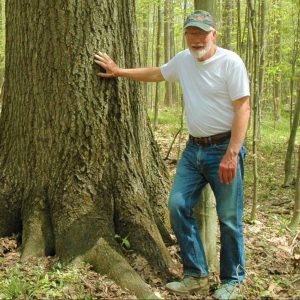
Troy Firth
Troy Firth is the Founder and President of the Foundation for Sustainable Forests, with over 45 years of experience practicing sustainable forestry and production of maple syrup. Troy is the recipient of the 2019 WeConservePA (formerly Pennsylvania Land Trust Association) Lifetime Conservation Achievement Award and the Pennsylvania Environmental Council’s Western Pennsylvania Environmental Award. Join Troy on a walk through Thompsons’ Wood as he discusses invasive species management and the important role it plays in the FSF’s integrated approach to sustainable forest management.

Steven Latta, PhD
Dr. Steven Latta is the Director of Conservation and Field Research at the National Aviary in Pittsburgh. A native of Michigan, he was educated at Kalamazoo College (B.A.), University of Michigan (M.S.), and University of Missouri-Columbia (Ph.D. in Avian Ecology). After graduating in 2000, he was a post-doctoral fellow at the University of Missouri-St. Louis where he studied with Dr. Robert Ricklefs the evolution and diversification of avian malaria across Caribbean islands. He then served for four years as the Director of the Latin American Program at Point Reyes Bird Observatory in California, where he developed long-term monitoring programs in many countries, and trained hundreds of locally-based biologists and naturalists in standardized bird monitoring techniques.
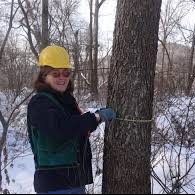
Susan Stout, PhD
Susan Stout, PhD is a Research Forester Emerita, US Forest Service Northern Research Station, having served there for almost 40 years. She has a distinguished career as a silviculturalist, and has also worked to further Diversity & Inclusion in the field of Natural Resources.
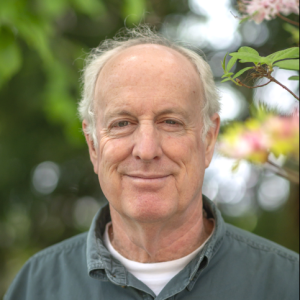
Doug Tallamy, PhD
Doug Tallamy, PhD is a professor in the Department of Entomology and Wildlife Ecology at the University of Delaware, where he has authored 88 research publications and has taught Insect Taxonomy, Behavioral Ecology, Humans and Nature, Insect Ecology, and other courses for 36 years. Chief among his research goals is to better understand the many ways insects interact with plants and how such interactions determine the diversity of animal communities. His book Bringing Nature Home: How Native Plants Sustain Wildlife in Our Gardens was published by Timber Press in 2007 and was awarded the 2008 Silver Medal by the Garden Writers’ Association. The Living Landscape, co-authored with Rick Darke, was published in 2014. Among his awards are the Garden Club of America Margaret Douglas Medal for Conservation and the Tom Dodd, Jr. Award of Excellence.
Thank you to our Sponsors
